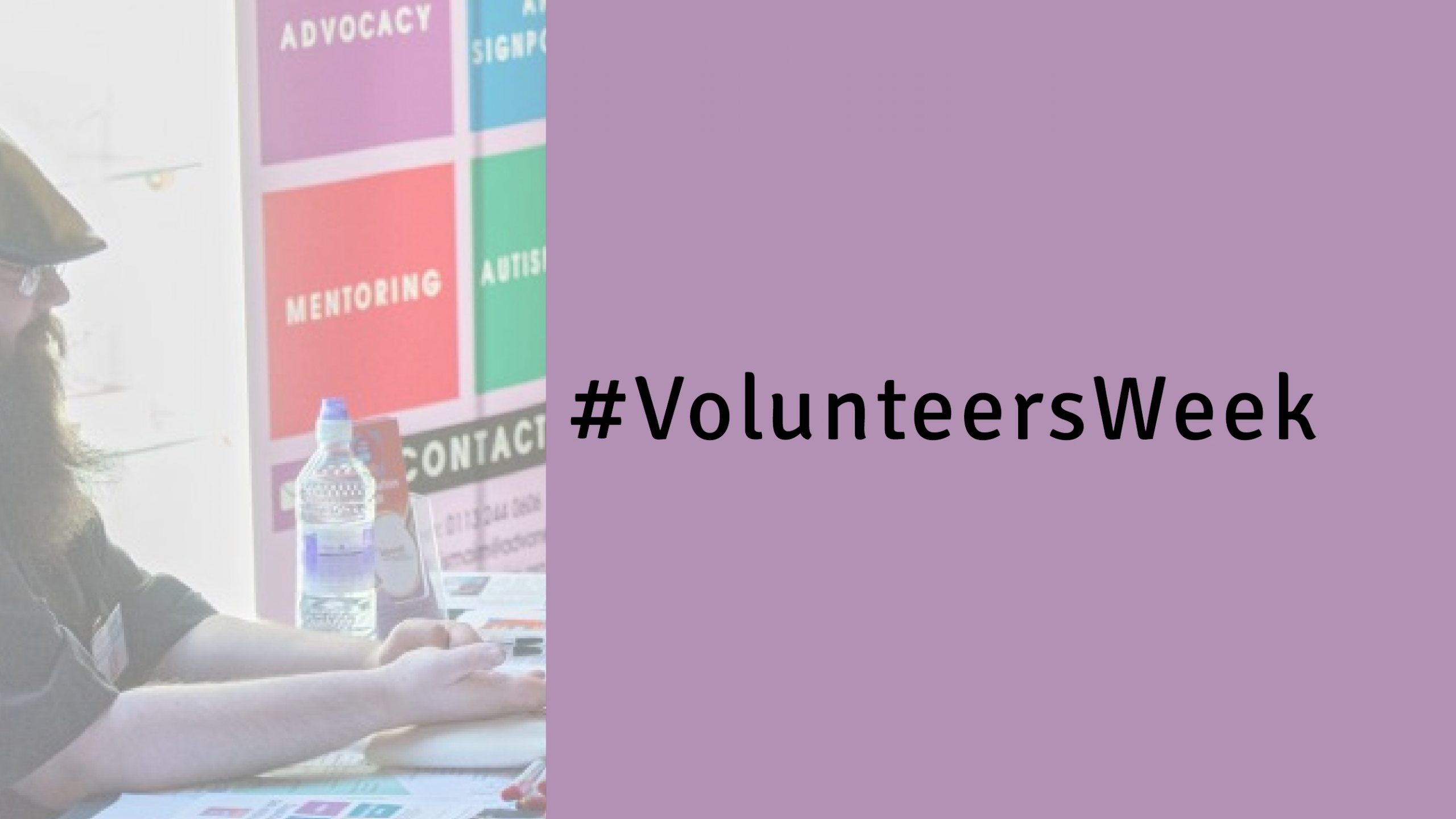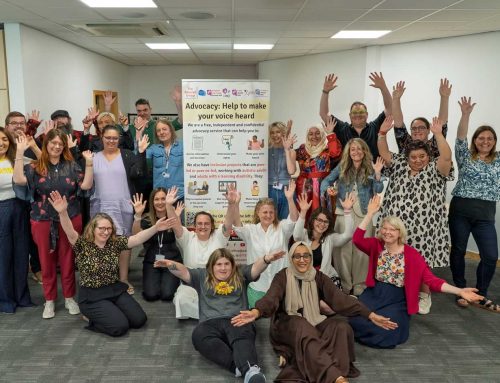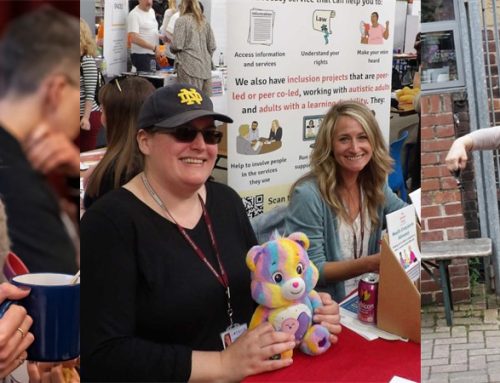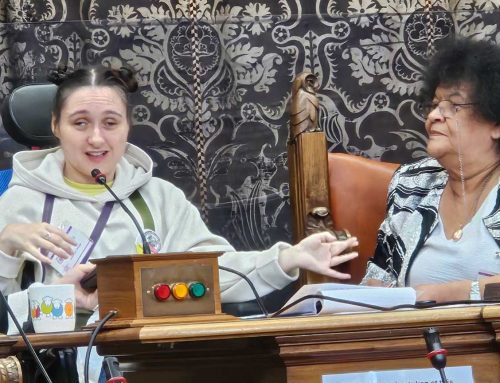We are celebrating Volunteers Week, which runs between the 1st and 7th June this year. To mark this special week, we will be publishing a blog post every day from one of our staff members who started out as a volunteer with Advonet.
Luke Aylward, our new Communications and Network Officer and Leeds Autism AIM Information Officer, charts his journey from volunteering with the Leeds Autism AIM team to becoming a member of our team.
What got you into volunteering with Advonet?
I volunteered with Advonet’s Leeds Autism AIM project because, as an autistic person, I know about many of the challenges facing fellow autistic people. For the thousands of us in Leeds and elsewhere, there are many barriers in place to employment, accessing services and being accepted by society. By getting involved in AIM, I wanted to help address and remove those barriers.
I first knew about the project at the end of 2014. My involvement began when I went to a couple of initial meetings for the planning of Leeds Autism AIM. At the time, I had precious little enjoyment or fulfilment in my life.
Spending one day a week volunteering would not only give me a sense of fulfilment that was otherwise absent, but also a feeling that I was doing something positive for other autistic adults. I started out by giving peer support and information to many of AIM’s hub visitors.
How did you feel about volunteering and what did you learn?
Initially, I was unsure of whether I could juggle volunteering with paid work. I was also doing another volunteer role as vice-chair of a support group for autistic adults. It was hard to separate the two, but with the support of Advonet staff and other volunteers, I was able to manage.
Volunteering with AIM helped to make me feel less miserable. Some of my work colleagues noticed that I was doing something I seldom did prior to my involvement with AIM – smiling. Volunteering helped me to gain new skills and knowledge. On top of that, I became much better at communicating with other people; both autistic and non-autistic.
I learned so much about how different autistic people are from one another. Knowing that my experience didn’t mirror that of every other autistic person really opened my eyes. I learned about the transformative difference that advocacy and peer support can make.
How did you move from volunteering into a paid role with Advonet?
Drawing on my skills in content marketing and design, I produced a newsletter, Hub timetables, posters, flyers and leaflets for AIM. I was also helping to run the Autism Leeds Directory, which was a big part of the AIM project at the time.
In November 2015, I left my job in order to work as a freelancer. I was asked to do some of that AIM work on a freelance basis, before being offered the role of Information Officer in April 2016. It started out as a one day per week role, before moving to two days a week by January 2017.
I managed the AIM role with other bits of work, before being appointed as Advonet’s Communications and Network Officer nearly two months ago. Members of Advonet’s other teams had recognised my work with AIM and felt that I could do the same across the whole organisation.
Had I not started out as a volunteer, I would have far fewer skills than I do right now. I would almost certainly be out of work right now, something I experienced for five long, frustrating years after graduating from university.
What would you say to someone who wants to volunteer with Advonet?
If you are passionate about giving people from disadvantaged groups a voice, volunteering with us is a great way to go about it. If you have similar lived experience to others in a particular group – autistic people, people who don’t speak English as their first language, people with mental health issues – becoming a volunteer can be really useful.
Volunteering for Advonet can also help you to build up valuable skills. Knowing how to give clients a voice when they need it the most can be handy in all walks of life, whether supporting a family member or someone you’ve met at a Hub or surgery for the first time.
In volunteering, you are also able to do free training courses, such as the Effective Advocacy and Negotiation Skills course. In addition to that, you can also learn from experienced advocates, who are always willing to share some of their expertise with you when needed.












